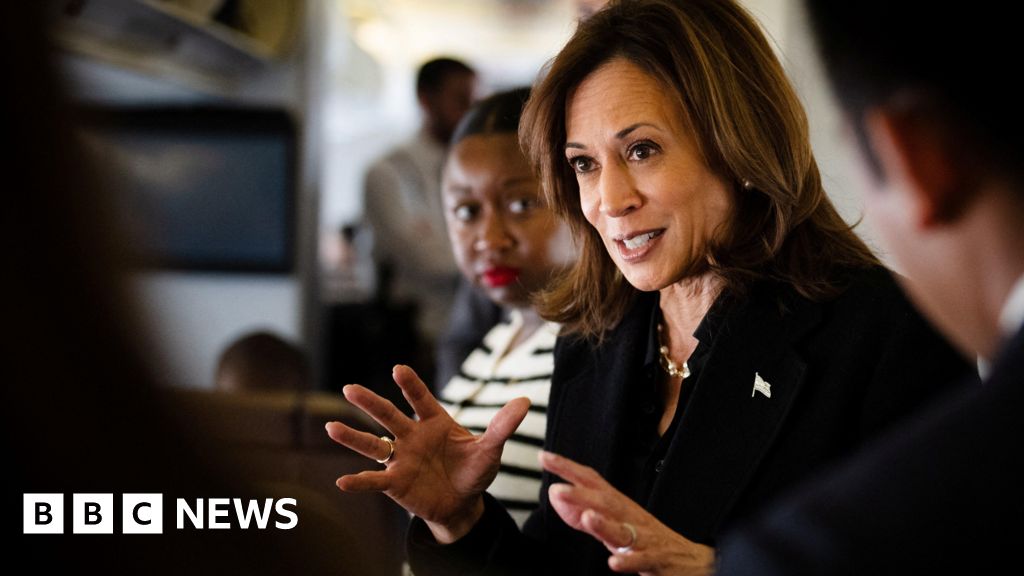Two months ago, Kamala Harris was crowned as the Democratic presidential nominee at a jubilant national convention in Chicago. For thousands of party faithful, she was seen as the electoral savior, replacing an 81-year-old incumbent who appeared unable to defeat Donald Trump and secure another term. However, senior party strategists expressed concerns about Democrats being overly confident in Harris’s path to victory. As election day approaches and anxieties rise, it seems their worries were justified.
Harris experienced a surge in momentum and a significant increase in polls compared to President Joe Biden, who was trailing behind Trump. Despite this, it seems that she was primarily winning back traditional Democratic voters who had concerns about Biden and his age. To secure victory, Harris must attract voters beyond the Democratic base while maintaining the fragile coalition that helped Biden win in 2020.
Recent polls indicate a tightening race, with Trump gaining ground in key “blue wall” states like Michigan, Wisconsin, and Pennsylvania, as well as among black and Latino voters. While the race is close in swing states, the margin of error leaves room for uncertainty. Harris’s criticism of Trump has taken on a darker tone, shifting from dismissing him as “unserious” to labeling him as a “fascist” and “unstable.”
Despite polling suggesting Harris may win the popular vote, she must secure key battleground states to win the electoral college. However, reservations among voters, particularly in Michigan where concerns about Harris’s stance on issues like the conflict in Gaza have led some lifelong Democrats to consider voting for Trump.
In Pennsylvania, the largest swing state, voters are focused on the economy, an area where Trump holds an advantage despite Democratic efforts to highlight economic growth. Harris is targeting women in the Pennsylvania suburbs, aiming to sway moderate Republicans who may be put off by Trump’s rhetoric.
Reproductive rights have emerged as a key issue in the election, with Harris holding a strong lead among female voters. Trump’s record on appointing Supreme Court justices who have restricted abortion rights has led to a mobilization of women voters in states like Arizona, where a proposition on enshrining abortion rights in the state constitution is on the ballot.
As the election approaches, the outcome remains uncertain, with both Harris and Trump vying for crucial swing state votes. Harris’s ability to appeal to a diverse range of voters while addressing key issues like reproductive rights will be critical in determining the outcome of the election.

